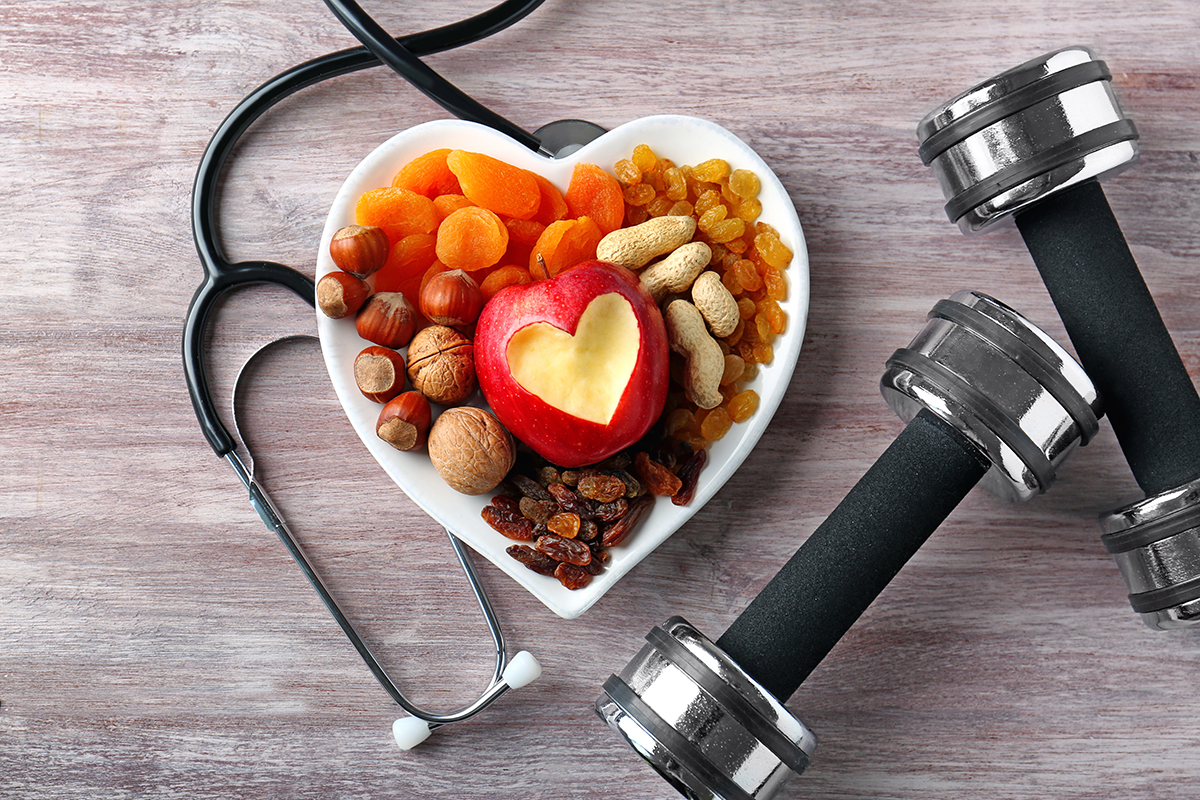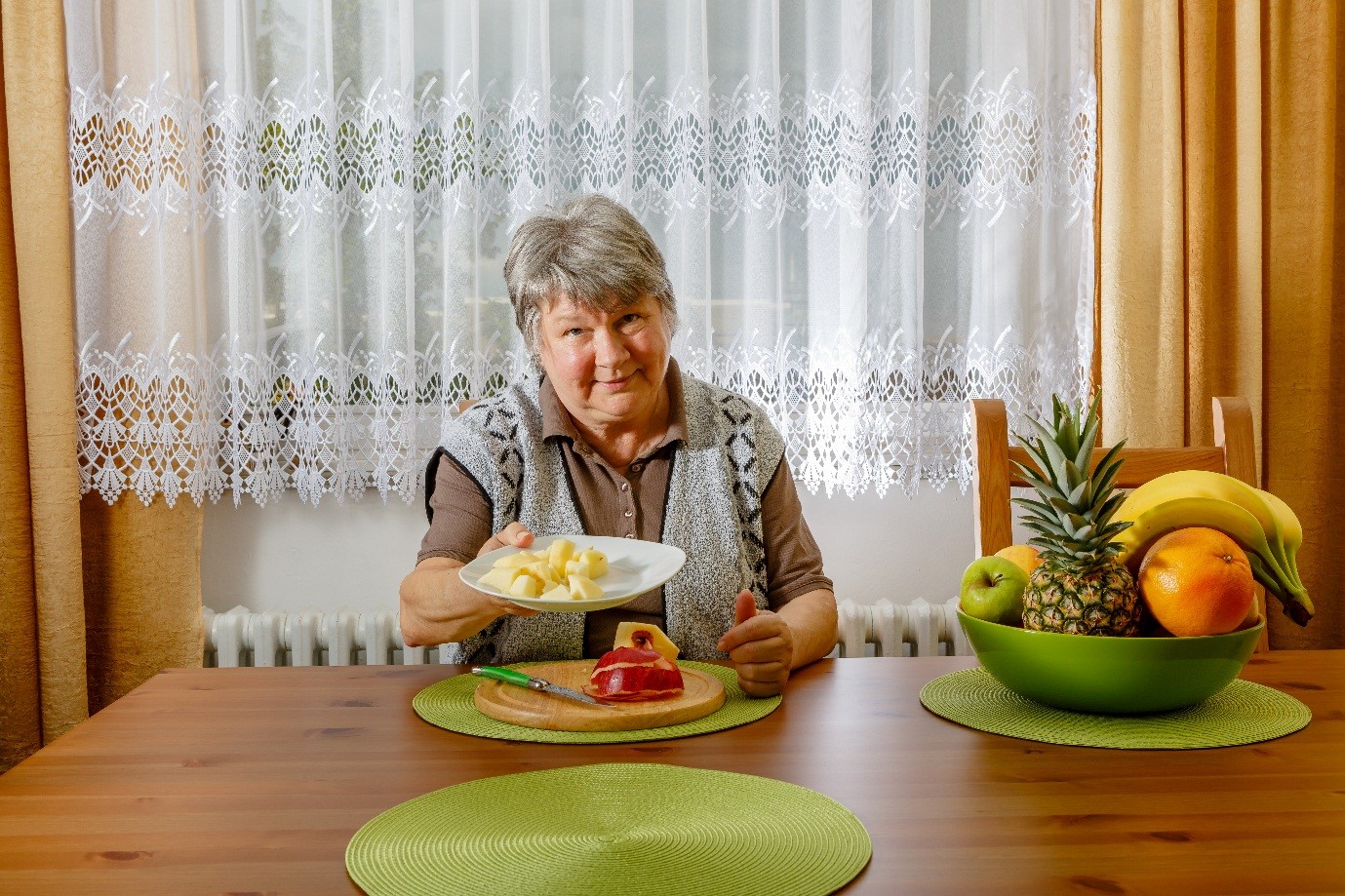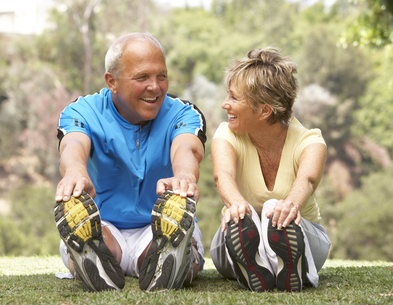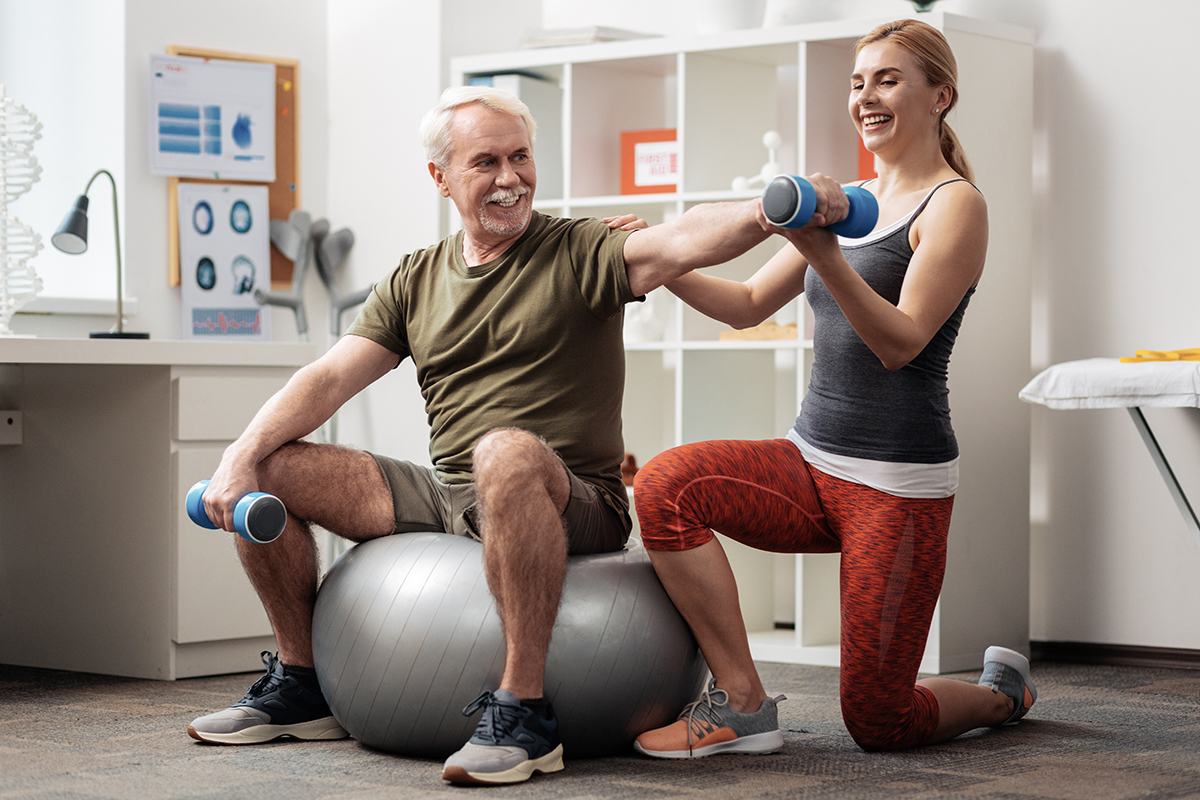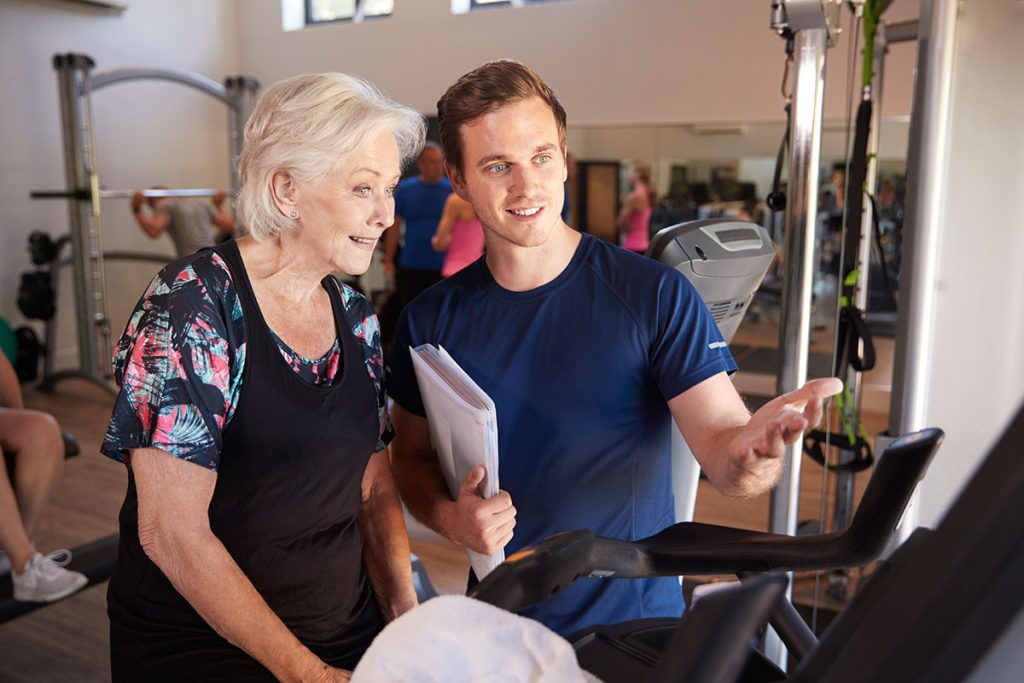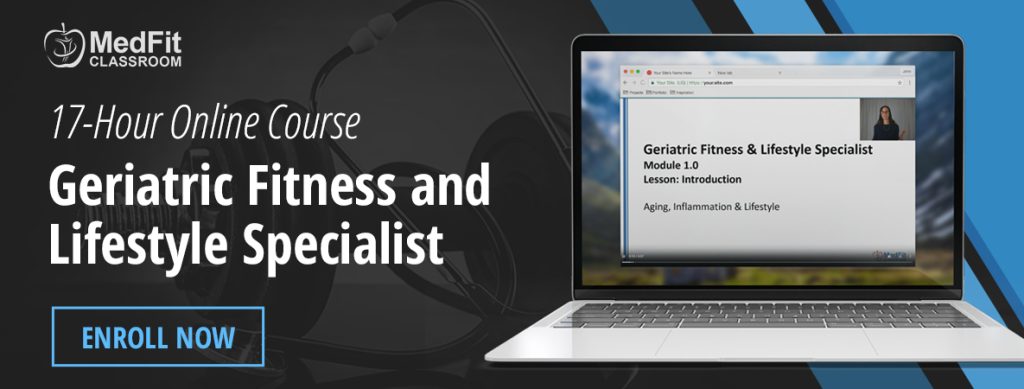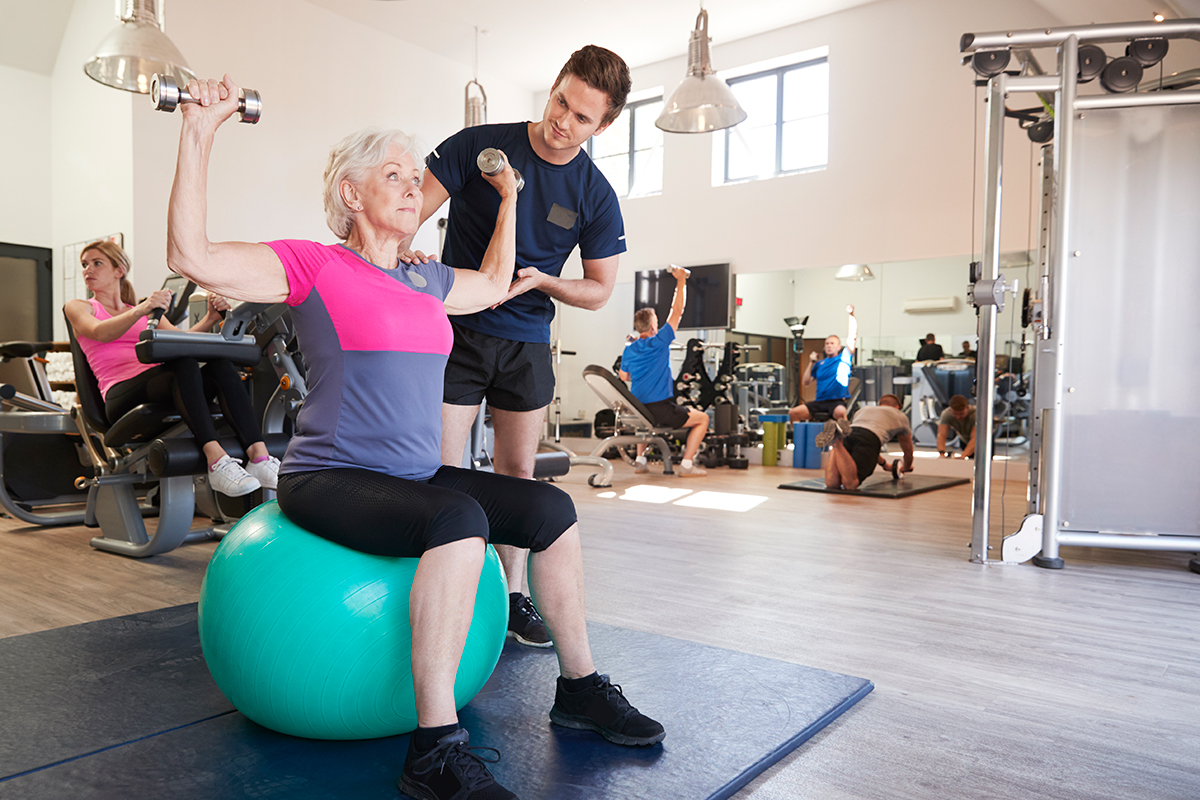The Power of Why: Motivation for Better Health
As a movement practitioner, I love it when my clients become my teachers. One conversation with someone going through the process of changing their life and fighting challenges may prompt, lead, or sometimes shove me into examining my practice, my approach, and my connection with the people I serve. Just recently Mary, one of my clients, wanted to meet with me to discuss her progress and our conversation inspired this article.

